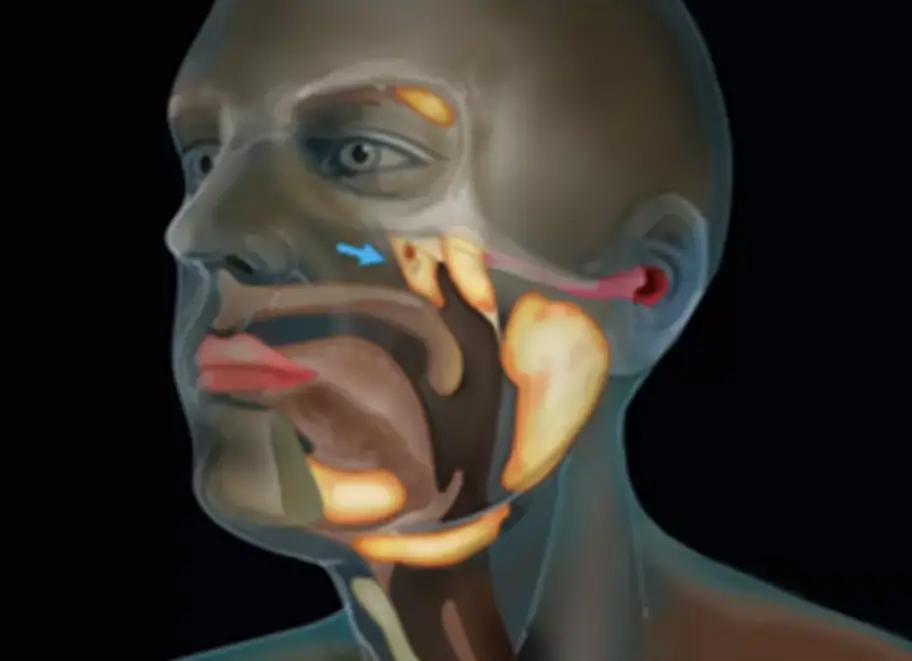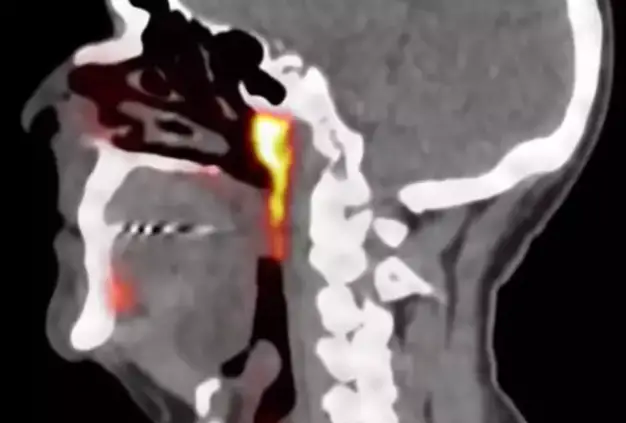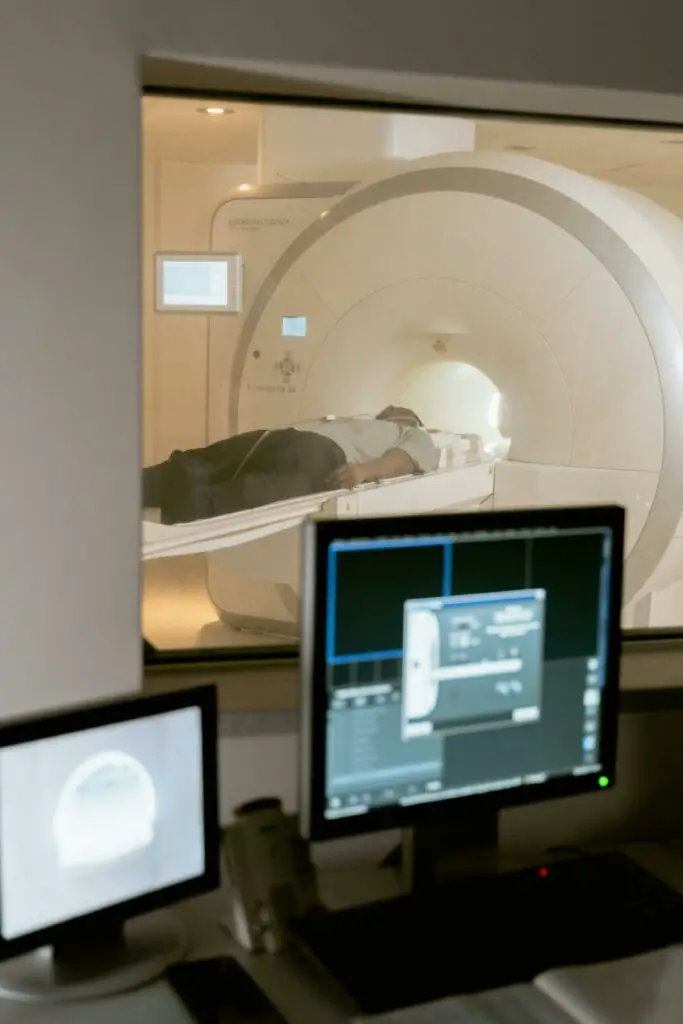Who would have thought that even after centuries of research, there would still be incredible things to be discovered about the human body?
Believe it or not, it was only recently that scientists discovered an organ in the human body no one had ever noticed before, and the most amazing thing of all is that it had been hiding in plain sight.
One would wonder how is that even possible due to the fact that huge number of people are in and out of MRI machines every single day, and we know these machines can capture incredibly precise images. Yet, this organ, which comes in pairs and is located in your face, slipped completely under scientists’ and doctors’ radar for so long.
The discovery was made by a team of oncologists from the Netherlands Cancer Institute in Amsterdam conducting cancer research.
They accidentally found a set of glands deep in the upper part of the throat they named “tubarial glands.”
During the research, the oncologists carried out CT and PET scans on patients who had been injected with radioactive glucose, which, in theory, makes tumors appear by glowing on the scans.
While performing the scans, the team noticed two areas in the patients’ heads glowing more than expected. It was then that they uncovered a previously unknown set of salivary glands tucked away there.

The role of these glands is to “lubricate and moisten the area of the throat behind the nose and mouth.”
While the scientists were surprised the glands had remained undetected for decades, Dr Wouter Vogel, radiation oncologist at the Netherlands Cancer Institute, explained it’s probably because they are so tiny and only discovered due to “very sensitive imaging.” Another thing about these glands is that they are not easily accessible.
“People have three sets of large salivary glands, but not there,” Dr Vogel said.

“As far as we knew, the only salivary or mucous glands in the nasopharynx are microscopically small, and up to 1,000 are evenly spread out throughout the mucosa. So, imagine our surprise when we found these,” he added.
Scientists hope that the discovery of the tubarial salivary glands will help reduce side effects from cancer treatments and radiotherapy, which can put pressure on these glands. Now that they are known, researchers aim to figure out how to protect them during treatment, allowing radiotherapists to avoid this area and prevent complications.
Please SHARE this article with your family and friends on Facebook.
Bored Daddy
Love and Peace

